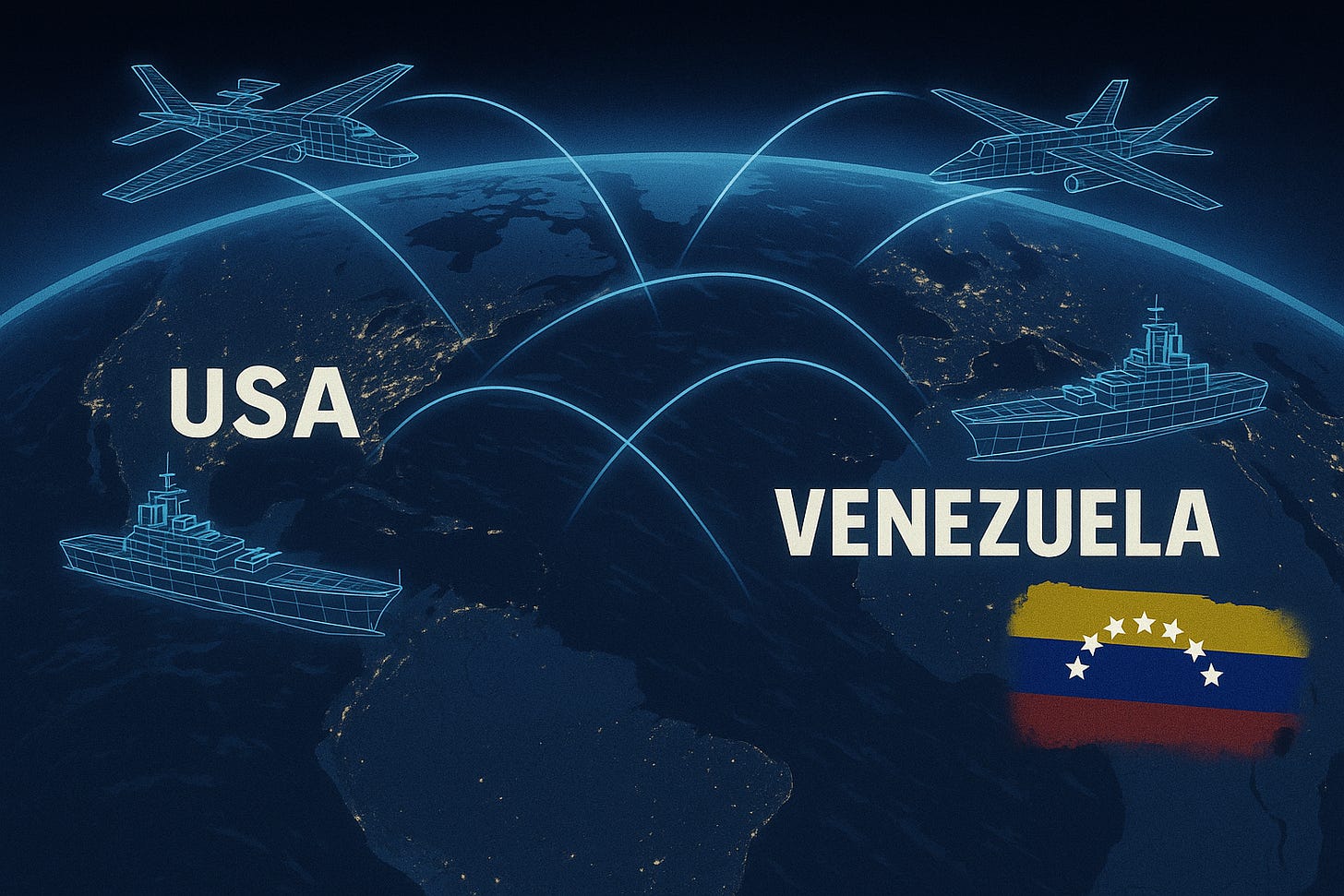🔓 Data breaches in Venezuela expose major cybersecurity failures
Identities for sale, privacy in shambles, and a borderless digital game: breaches reveal a country exposed and vulnerable.
In recent days, Venezuela has watched its already fragile digital security collapse for good. Two massive data breaches came to light: one involving the retail chain IVOO Electronics and another exposing a government database. To put it plainly, personal information of hundreds of thousands of citizens, names, addresses, phone numbers, and even national ID numbers, was auctioned off in the dark corners of the internet. In IVOO’s case, 349,000 customer records were listed for sale on a hacker forum for a mere 500 dollars. Yes, just five hundred dollars for a complete package of identities, weakly hashed passwords, and personal profiles. The government leak exposed data from more than 11,000 individuals, possibly public servants or contractors, including their occupations and addresses. That is enough for any criminal or hostile foreign actor to build dossiers, assume false identities, and ruin lives through identity fraud.
These are not isolated incidents or bad luck. They are symptoms of glaring cybersecurity failures and structural neglect. It is worth remembering that last year hacktivists breached the Venezuelan Army’s website and leaked data from over a million soldiers and officials. Instead of serving as a wake-up call, the scandal vanished into thin air. Authorities spend their energy censoring social networks and blocking entire platforms, Twitter (X) has been blocked since 2024 by Maduro’s order, while neglecting the basics. It is as if shutting down WhatsApp is easier than setting up a proper firewall. The result is predictable. The country has become a haven for transnational cybercrime: domestic and foreign hackers act freely, knowing the chances of reprisal or serious investigation are slim. Making matters worse, personal data has turned into currency.
Data traffickers thrive in obscure forums much like drug cartels on smuggling routes. The parallels are striking: while cartels ship cocaine across the Caribbean, other groups sell wholesale batches of health records and Venezuelan identities. Both forms of trafficking flourish under the same conditions of impunity and state disorder.
On the geopolitical board, these leaks are dynamite. With Washington and Caracas trading barbs for years, every breach becomes ammunition. The United States, which already labels the Venezuelan government a narco-regime, is surely paying attention to these digital blunders. Recently, under the banner of fighting drug trafficking, the US deployed warships and thousands of troops near the Venezuelan coast. That is not about chasing small-time smugglers, it is a show of force. Now, with millions of Venezuelan data records exposed, national sovereignty is even more compromised. External adversaries can exploit sensitive information for sanctions or intelligence operations. In short, cybersecurity (or the lack of it) has officially become part of the national security equation.
Looking from the outside, I cannot help but criticize the shortsightedness of Venezuelan authorities. In a world where data is as valuable as oil, Venezuela has let its digital oil spill unchecked. This is not about ideology, it is about technical incompetence and political negligence. The absence of strong data protection laws and clear incident response protocols only makes the problem worse. While neighboring countries adopt modern privacy regulations, Caracas continues to improvise, with institutions choosing silence over accountability. The outcome is a population left unprotected, exposed to scams and unlawful surveillance, and a country increasingly vulnerable to internal and external threats.
In 2011, Venezuela’s Supreme Court established certain data protection principles in the Constitution. Article 28 guarantees the right to habeas data, allowing citizens to access and know what data is being collected and to correct or delete personal information that may cause harm. Article 60 ensures the right to privacy and limits on digital data collection to protect citizens’ rights.
While Venezuela has made some progress in embedding privacy rights into its legal framework, its scattered regulations fail to provide practical protection. Cybersecurity can no longer be treated as a luxury or a secondary issue. The privacy and identity of millions of Venezuelans are at stake, and with them the stability and credibility of the nation itself. It is time for the government to wake up to the 21st century and shut down the open data flood before it is too late.



